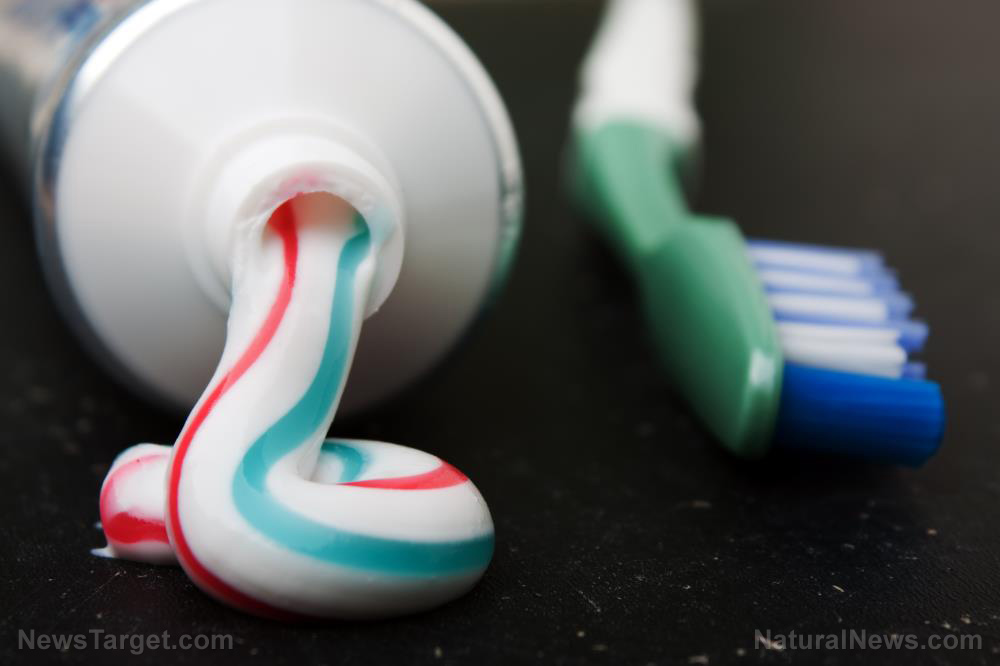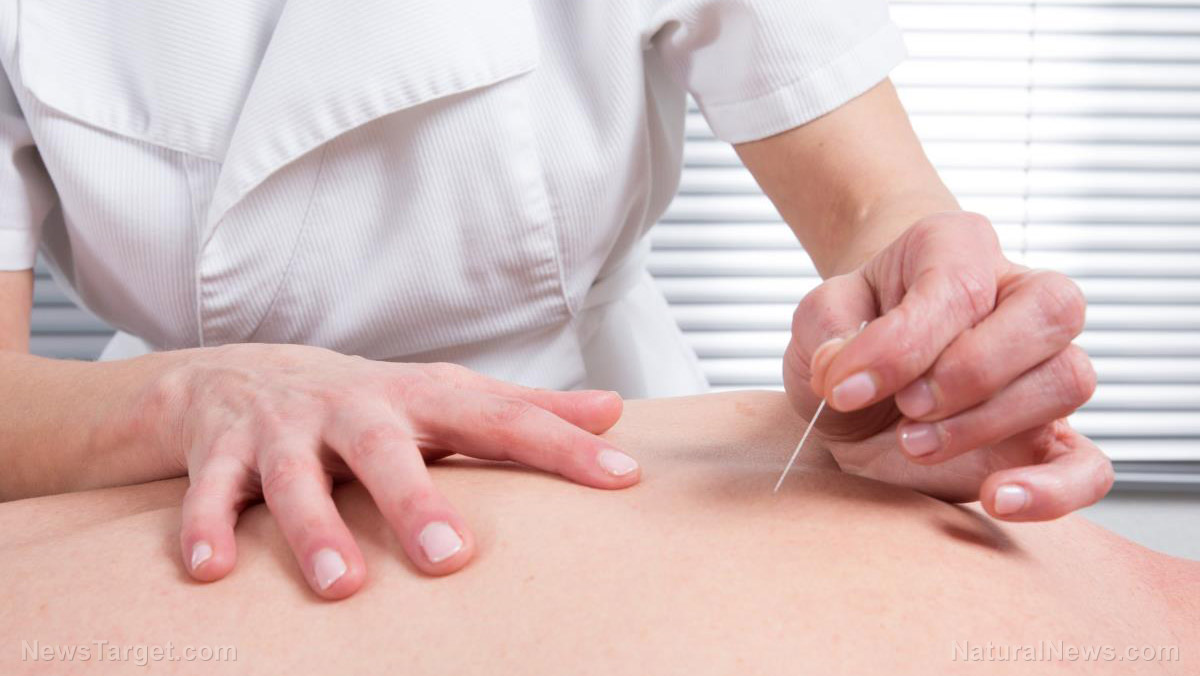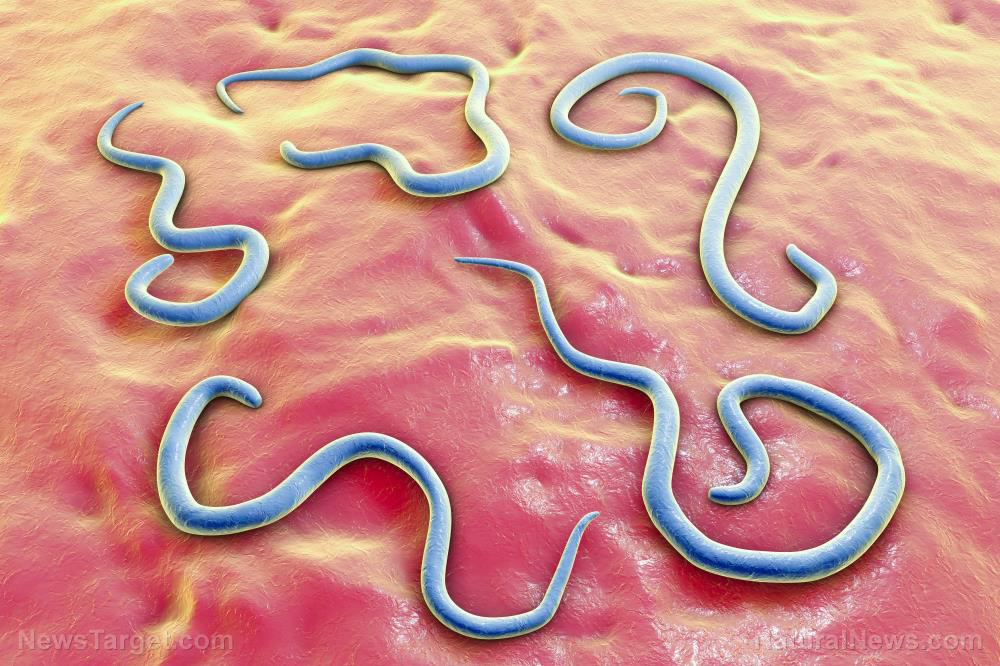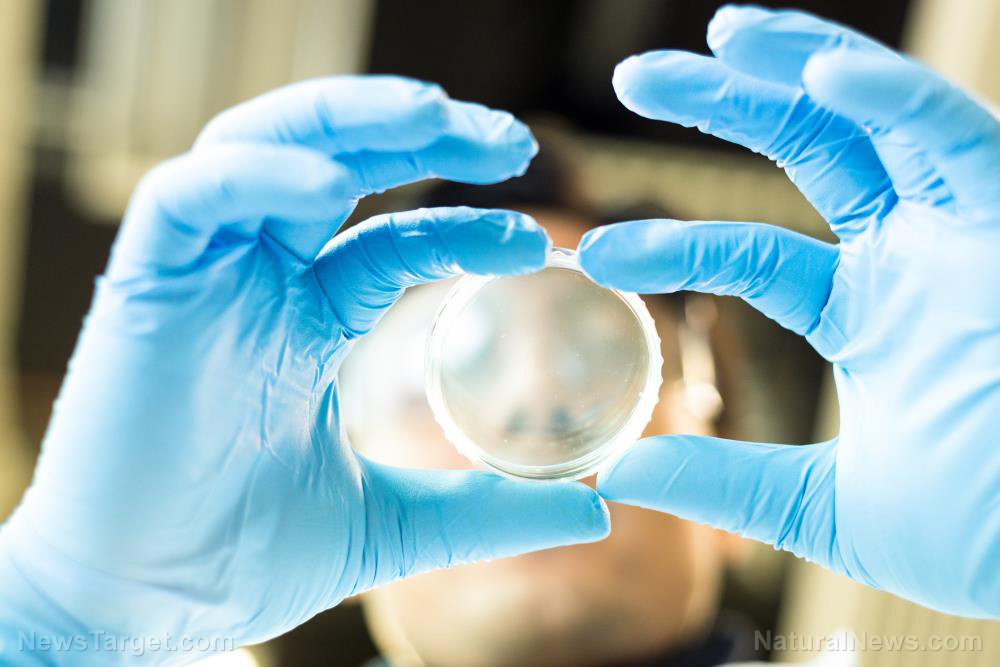Think your kids are growing up ‘too fast’? Chemicals in their toothpaste might be the reason
05/11/2019 / By Edsel Cook

Children are hitting puberty earlier during the last two decades than at any other point in human history. This unhealthily fast rate of physiological development is connected to hormone-disrupting chemicals in synthetic toothpastes and other common products.
California-based researchers reported that these toxic chemicals can affect the development of children as early as the time that they were still in the womb of their mothers. Published in the journal Human Reproduction, their study raised alarms regarding the widespread use of products with these chemicals.
“We know that some of the things we put on our bodies are getting into our bodies, either because they pass through the skin or we breathe them in or we inadvertently ingest them,” remarked University of California, Berkeley researcher Kim Harley, the lead author of the study. “We need to know how these chemicals are affecting our health.”
Harley drew her data from an earlier long-term study of 338 children from birth to adolescence. She found that the physical and mental development of children can be affected by early exposure to toxic chemicals. (Related: Homes are laden with chemicals that are increasing your risk of CANCER.)
Endocrine disruptors in toothpaste and other products speed up puberty
The Berkeley research team concentrated on three different types of toxic chemicals: Parabens, phthalates, and phenols. These chemicals are endocrine disruptors that can copy the effects of various hormones. They can cause abnormally fast rates of development in children.
The endocrine disruptors are used in all kinds of products. Exposure to them is pretty much guaranteed.
Phthalates are used to fix the smell of deodorants, perfumes, and other scented products. They also serve as plasticizers that made plastics soft and flexible, thereby preventing cracks in nail polish and plastic packaging material.
Parabens have preservative properties that extend the lifespan of perishable products. Phenols, on the other hand, increase the durability of certain products. Triclosan and benzophenone are phenols that are used for antimicrobial purposes.
Girls are heavily affected by parabens, phthalates, and phenols
The Berkeley study found that girls were much more vulnerable to the effects of these endocrine disruptors. Girls experienced earlier development of pubic hair when exposed to prenatal urinary monoethyl phthalate. Their menarche or first menstruation came earlier due to prenatal exposure to triclosan and 2,4-dichlorophenol.
Methylparaben exposure caused their breasts, pubic hair, and menarche to develop or take place earlier. Propylparaben also sped up the appearance of their first menstruation. Finally, 2,5-dichlorophenol delayed the appearance of their pubic hair.
Meanwhile, male participants did not display prenatal urinary biomarker concentration. But their genitals did develop earlier when exposed to peripubertal concentrations of propylparaben.
Early puberty is linked to breast cancer, mental problems, and ovarian cancer in girls. It also caused testicular cancer in boys.
Switch to phthalate-free versions of these common products
Phthalates are found in a lot of products consumed or used on a daily basis. They are invisible to the naked eye and can’t be detected by smell or taste. They are found in the following:
- Cosmetics and personal care products, e.g. hair spray, nail polish, perfume, shampoo, skin moisturizers, soap, and toothpaste.
- Medical items, such as IV tubes and fluid bags.
- Adhesives, building materials, detergents, insecticides, lubricants, plastic plumbing pipes, solvents, vinyl flooring, and wood finishes.
- Processed and packaged food like animal products, dairy products, and fast food.
Experts warned that phthalate byproducts can be found in the urine of almost all Americans. And those are just one type of endocrine disruptors. But exposure to these hormone-disrupting chemicals can be reduced by switching to alternative household and personal care products that are made from natural ingredients.
Sources include:
Tagged Under: Chemical exposure, chemicals, children's health, commercial toothpaste, Endocrine disruptors, Hormone disruptors, hormones, parabens, Personal care products, phenols, phthalates, products, toothpaste, toxic chemicals, toxins



















